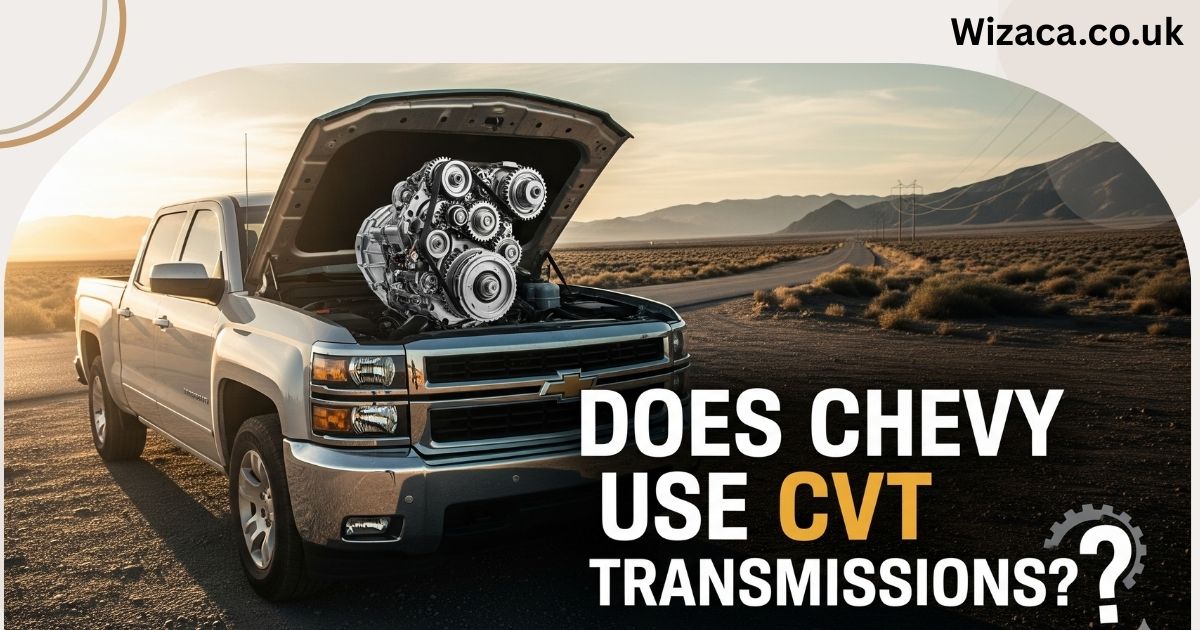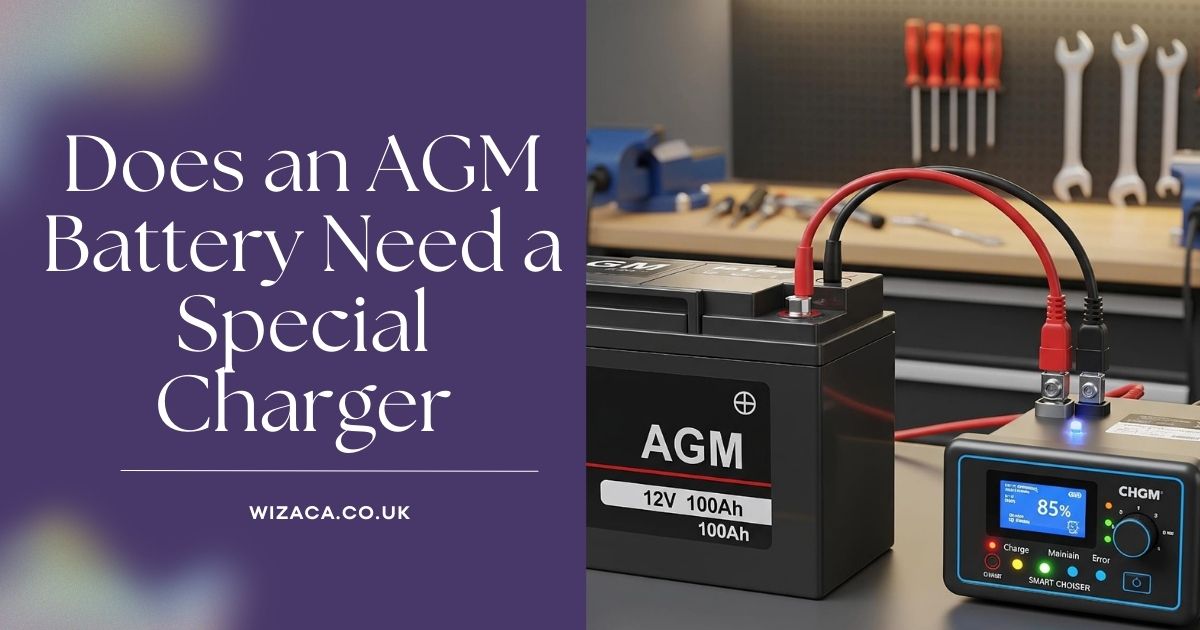Yes, a new engine can add value to a car, but how much value it adds depends on several factors, such as the car’s overall condition, age, mileage, and the type of engine installed. While replacing an engine often improves the vehicle’s reliability and extends its lifespan, it doesn’t make the car “brand new.” Other components of the car still have wear and tear that buyers will consider.
Here’s a detailed breakdown of how a new engine impacts a car’s value and what you should keep in mind if you’re replacing an engine or buying a car with a new one.
How a New Engine Adds Value to a Car
1. Improves Reliability
A brand-new or rebuilt engine usually means the car can run more reliably and perform better than it did with the old engine. For buyers, this can be a huge selling point because it reduces the risk of engine-related problems in the near future.
2. Extends the Vehicle’s Lifespan
A new engine can give a car a new lease on life, especially if the rest of the vehicle is in good shape. Buyers might be willing to pay more for a car that doesn’t need an engine replacement anytime soon.
3. Boosts Buyer Confidence (With Documentation)
If you can prove that the engine was replaced professionally (with receipts and warranty info), buyers may see the car as a better deal compared to similar models with high-mileage engines. Having records of the replacement builds trust.
How Much Value Does a New Engine Add?
While a new engine adds value, it doesn’t necessarily increase resale value dollar-for-dollar with the replacement cost. Here’s why:
- Replacing an engine can cost $3,000 to $7,000, but you may not get all of that back in resale.
- A new engine doesn’t reset the odometer; the car still has the same total mileage, and other parts (transmission, suspension, etc.) may still be worn.
- Buyers still consider the overall condition of the car, not just the engine.
In general, a new engine can:
- Help maintain the car’s value compared to other vehicles with worn-out engines.
- Potentially increase resale value by $1,000 to $3,000, depending on the car’s market demand, condition, and how recent the engine was replaced.
Factors That Affect the Value Added by a New Engine
1. Type of Engine Replacement
- Brand-New Engine (Crate Engine): Adds more value because it’s factory-fresh.
- Rebuilt or Remanufactured Engine: Adds value but often less than a brand-new engine.
- Used Engine: Adds reliability but doesn’t boost value as much as a new or rebuilt option.
2. Vehicle Age and Mileage
- New engines add more value to newer vehicles or popular models with low body wear.
- In older vehicles with high mileage and worn-out interiors or rust, the value boost may be minimal.
3. Installation Quality
- If the engine was installed by a certified mechanic or dealership and comes with a warranty, buyers are more likely to pay extra.
4. Documentation
- Full records of the engine purchase, installation, and warranty help justify the added value.
Does a New Engine Increase Trade-In Value?
Dealerships often don’t give much extra for a new engine on a trade-in. Their appraisal focuses on:
- The vehicle’s overall condition.
- The odometer reading.
- The market value for that make and model.
A dealer might view a new engine as a bonus, but they rarely add its full cost to the trade-in offer. Private sales usually offer better opportunities to recover more value.
Pros of Selling a Car With a New Engine
- Attracts buyers looking for reliability.
- Can justify a higher asking price than similar cars with original high-mileage engines.
- May speed up the sale, as buyers are reassured by the fresh engine.
Cons of a New Engine in an Old Car
- Some buyers worry about why the engine was replaced. Was it poor maintenance? An accident?
- It doesn’t improve other worn-out parts like the transmission, brakes, or suspension.
- A car with a new engine but high miles on the odometer still shows its age.
Conclusion
A new engine can add value to a car, especially if it’s paired with a well-maintained vehicle and supported by proper documentation. It improves reliability and may justify a higher selling price compared to similar cars without engine replacements. However, it doesn’t make the car new, and buyers will still consider the overall condition, age, and mileage.
If you’re selling a car with a new engine, be transparent, show paperwork, and highlight the benefits to get the best return on your investment.
FAQs
Does a New Engine Make a Car Like New?
No. While the engine is new, the rest of the vehicle (body, transmission, suspension) still has its original wear and tear.
Does a New Engine Reset the Odometer?
No. The odometer tracks the vehicle’s total miles traveled, not the engine’s usage.
Is It Worth Putting a New Engine in an Old Car?
It can be worth it if the rest of the car is in good condition and you plan to keep it for a while or sell it for a fair price afterward.
How Much Value Does a New Engine Add?
It depends, but typically $1,000 to $3,000, depending on the car, installation quality, and market demand.
Will a Dealership Give More for a Car With a New Engine?
Not always. Dealership trade-in values tend to be lower, but a private sale often gives you a better chance to get credit for the new engine.
Also Check:
• Does a New Car Need to Be Waxed
• Does a New Air Conditioner Condenser Come Charged With Refrigerant
• Does a New Engine Reset the Odometer










